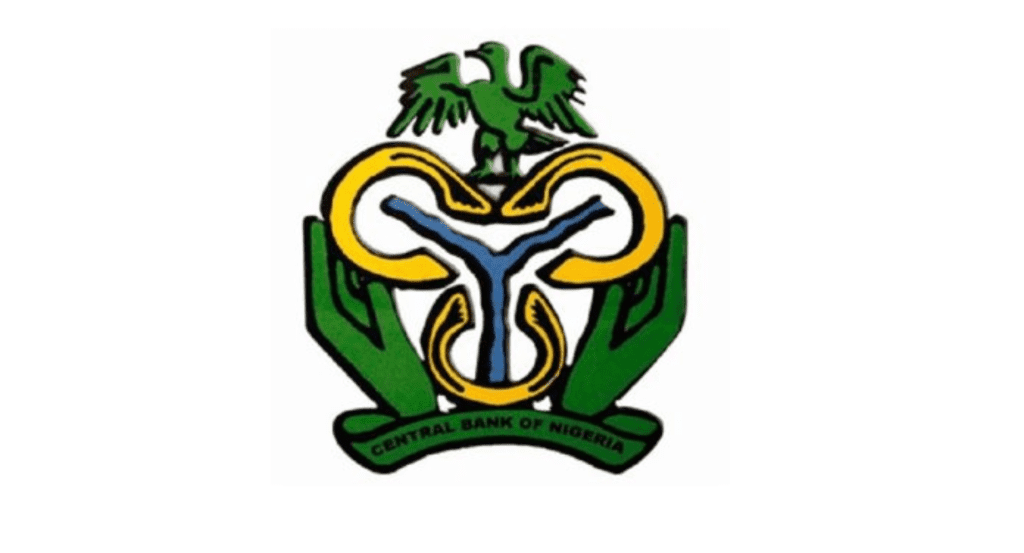The Central Bank of Nigeria (CBN) has reduced Treasury bill rates, citing an easing inflation trend as the primary reason for the decision. The rate cut comes amid a major liquidity surge in the fixed-income market, with investors bidding aggressively for government securities. However, the apex bank rejected N1.6 trillion worth of bids, accepting only a fraction of the offers as it aims to manage liquidity effectively.
At the same time, the Federal Government (FG) plans to raise N350 billion from the February FGN bond auction, signaling a strategic move to fund fiscal operations while balancing interest rates and inflation. The recent policy shifts in the debt market highlight the CBN’s cautious approach to economic stability amid evolving financial conditions.
Treasury Bill Rate Cut: What It Means for Investors
Treasury bills (T-bills) are short-term government debt instruments used to raise capital, control liquidity, and manage inflation. By cutting T-bill rates, the CBN is signaling a shift toward lower borrowing costs, which could impact both investors and businesses.
The latest auction results indicate that the 91-day, 182-day, and 364-day Treasury bill rates were revised downward, with the most significant reductions seen in the longer-term instruments. This decision aligns with the bank’s broader strategy of stimulating economic activity while ensuring inflation remains under control.
For investors, lower rates mean reduced returns on risk-free government securities, which could lead to a shift toward higher-yielding alternatives such as corporate bonds, equities, or real estate. On the other hand, for businesses and the government, lower T-bill rates translate to reduced borrowing costs, making it cheaper to finance projects and investments.
CBN Rejects N1.6 Trillion in Bids: Managing Excess Liquidity
One of the standout developments from the recent auction was the CBN’s rejection of N1.6 trillion worth of bids. This move suggests that the apex bank is cautiously managing excess liquidity in the financial system to prevent inflationary pressures from rising again.
Market analysts believe that this rejection reflects the CBN’s intent to keep yields at manageable levels, ensuring that government securities remain attractive but not excessively expensive for the Federal Government. It also highlights the central bank’s strategy of avoiding unnecessary liquidity injections into the economy, which could lead to inflationary concerns.
Inflation Drops: A Key Factor Behind the Rate Cut
Nigeria’s inflation rate, which had been on a persistent rise in previous months, showed signs of easing, prompting the CBN to adjust its monetary policies. Lower inflation generally reduces the need for high interest rates, allowing the government to borrow at more favorable costs.
While inflation remains a major concern, recent data suggests a slowdown in price increases, driven by improved food supply, stable exchange rates, and tighter monetary policies. The CBN’s decision to lower Treasury bill rates aligns with its broader goal of supporting economic recovery without triggering a fresh wave of inflationary pressures.
FG Seeks N350 Billion from February Bond Auction
In addition to the Treasury bill adjustments, the Federal Government is looking to raise N350 billion through an FGN bond auction scheduled for February 2025. The bond issuance will provide long-term financing for government projects, helping to bridge fiscal deficits and fund infrastructure development.
The proposed bond auction is expected to attract significant investor interest, especially from institutional investors, pension funds, and foreign asset managers seeking stable returns in a volatile market. However, the final yields will depend on the CBN’s interest rate stance, inflation outlook, and market liquidity conditions at the time of issuance.
Impact on the Economy and Financial Markets
The combination of a T-bill rate cut, liquidity management, and bond issuance is expected to have a mixed impact on Nigeria’s financial markets and economy.
Positive Effects:
- Lower borrowing costs for businesses and the government.
- Encouragement of investment in productive sectors due to reduced risk-free returns.
- Potential boost in stock market activity, as investors shift capital from fixed-income securities to equities.
Potential Risks:
- Reduced attractiveness of Nigerian assets to foreign investors, who may seek higher returns elsewhere.
- Possible depreciation pressure on the naira, if lower interest rates lead to capital outflows.
- Liquidity management challenges, requiring careful balancing by the CBN to prevent inflationary rebounds.
Conclusion
The CBN’s decision to cut Treasury bill rates demonstrates its strategic approach to managing inflation, liquidity, and borrowing costs in Nigeria’s financial system. By rejecting N1.6 trillion in excess bids, the central bank is signaling its intent to keep inflation under control while ensuring the government’s financing needs are met efficiently.
As the Federal Government moves to raise N350 billion through bond auctions, investors are watching closely to gauge the broader impact on interest rates, market liquidity, and economic stability. In the coming months, the CBN’s monetary policies still remain crucial in striking a balance between stimulating growth and maintaining price stability in Nigeria’s evolving economic landscape.























